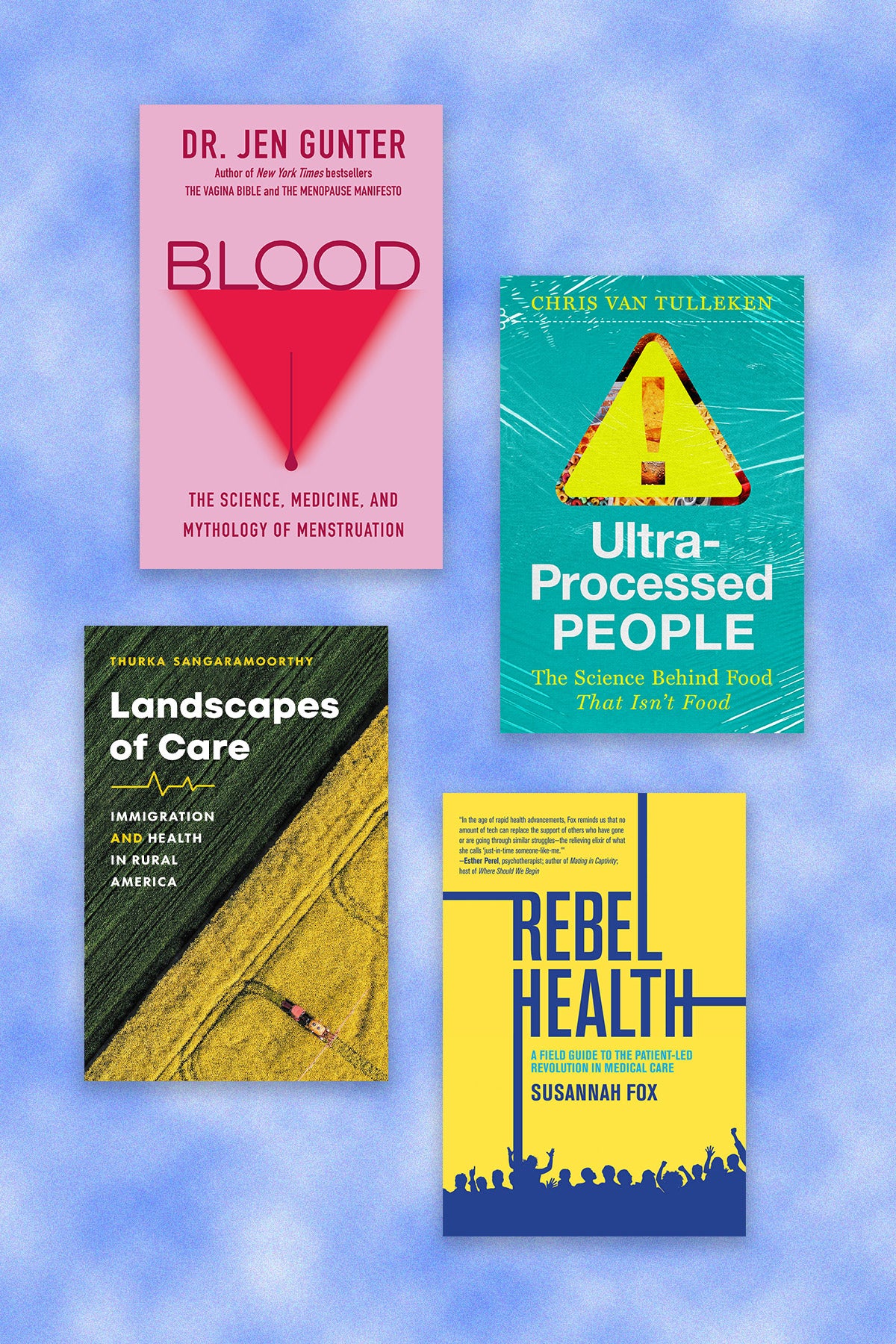
Book
10 summer reads on public health
Summer is a great time to step away from the daily grind and find new ideas and inspiration in a book. From stories about patients taking control of their health care to the fascinating (and rage-inducing) history of menstruation to ideas for making the United States less lonely, we’ve got you covered with this list of summer reads.
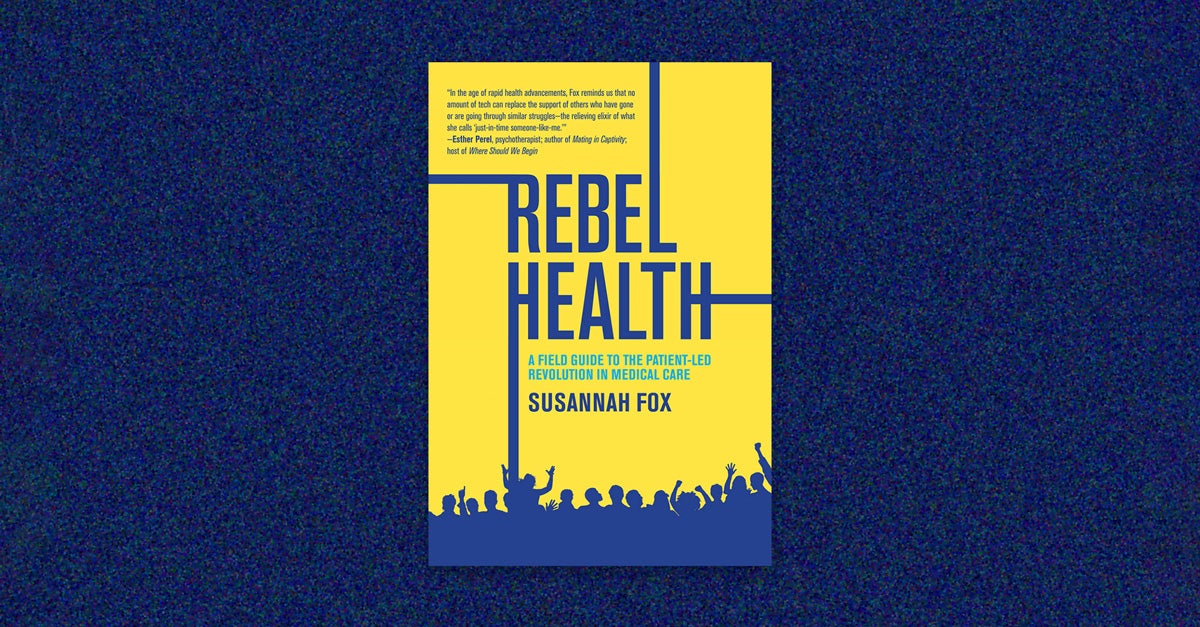
MIT PRESS
Rebel Health by Susannah Fox offers a comprehensive guide to creating, supporting, and learning from patient communities that have sprung up online and in-person (think long COVID groups). The book seeks to empower patient leaders and calls on health care workers to join a growing movement supporting patient-led health care.
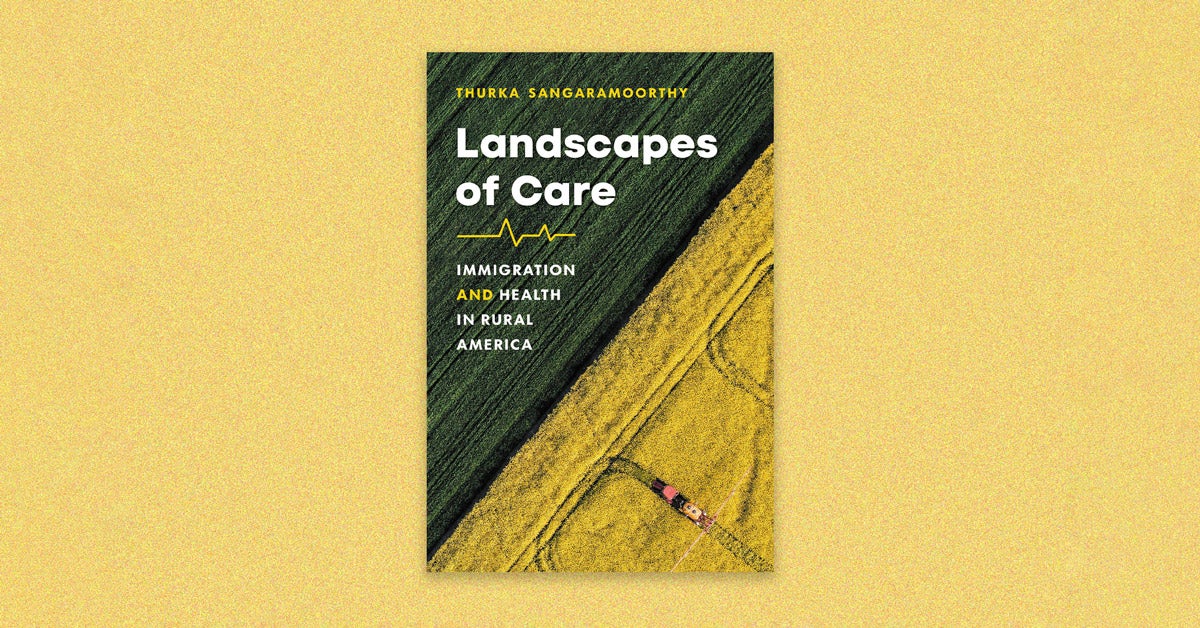
The University of North Carolina Press
Landscapes of Care by Thurka Sangaramoorthy examines how U.S. immigration policy and corporatized models of care worsen disparities in health outcomes and care delivery. Sangaramoorthy reveals the ways that immigrants and rural residents have developed similar but distinct forms of solidarity and inclusion—and how health care policy might be reshaped in response.
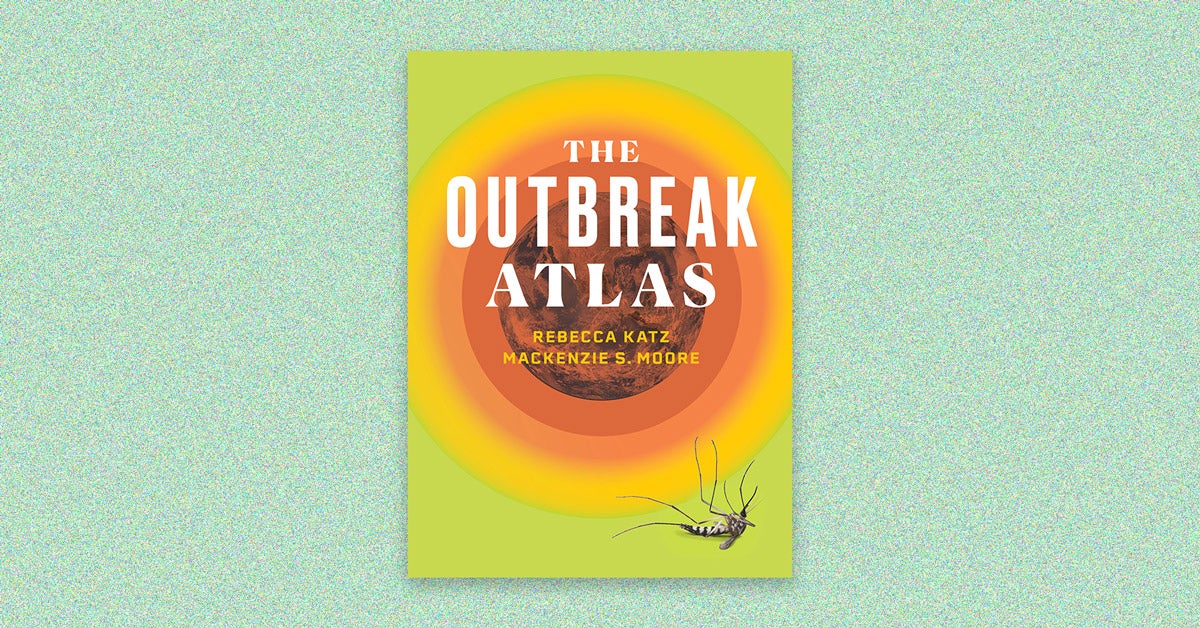
Vanderbilt University Press
The Outbreak Atlas by Rebecca Katz and Mackenzie Moore is the book you want on your shelf if—or when—the next pandemic comes. The authors pull back the curtain on the considerations, procedures, and decision-making that go into managing an outbreak, including how to prepare, how to respond, and how to rebuild in the aftermath.
Sign up for Harvard Public Health
Delivered to your inbox weekly.
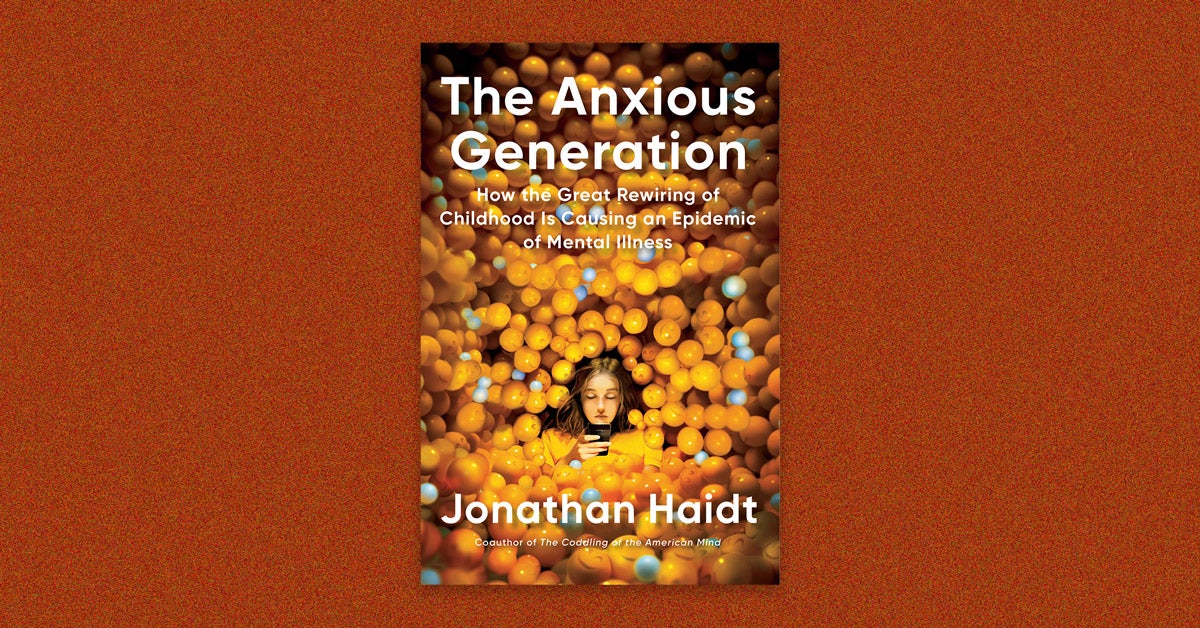
Penguin Press
The Anxious Generation by Jonathan Haidt makes the case for getting kids more interested in real life and less interested in their phones. He argues that social media—as distinct from the internet at large—is harming young people and offers suggestions for parents, schools, and policymakers.
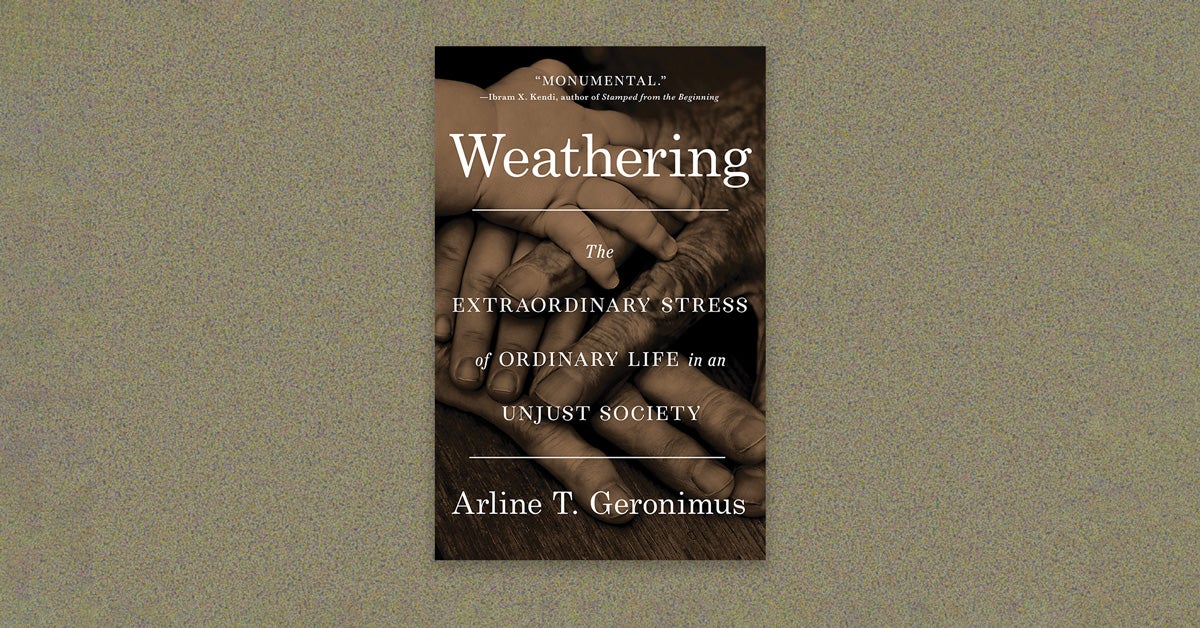
Little Brown Spark / Hachette Book Group
Weathering: The Extraordinary Stress of Ordinary Life in an Unjust Society by Arline T. Geronimus explains the physical toll that the stress of social injustice takes on people from marginalized populations. Geronimus coined the term “weathering” decades ago after observing that prolonged activation of the body’s fight-or-flight response prematurely ages people, raising their risk, at younger ages, of developing chronic diseases and pregnancy complications. In this book, she updates the theory with the latest science.
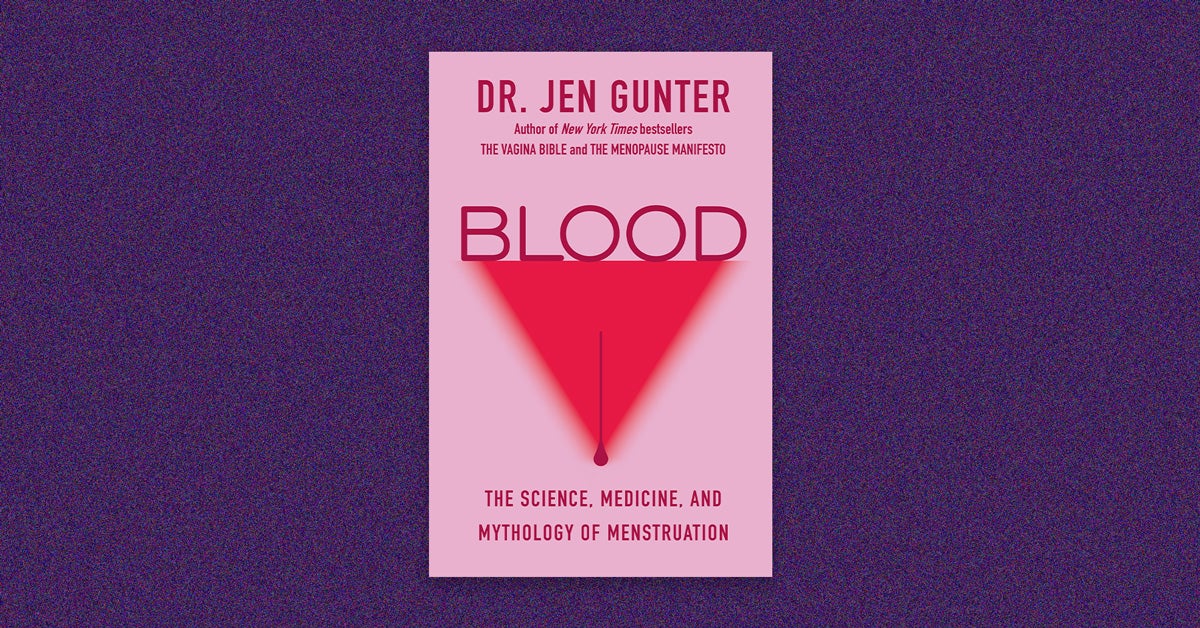
Citadel / Kensington Books
Blood by Jen Gunter offers a comprehensive and accessible overview of the menstrual cycle, the common concerns that face menstruating people, and the treatments available for reproductive health complications. Gunter also takes aim at a patriarchal medical system that has long treated women as off-brand men and dismissed their unique health issues.
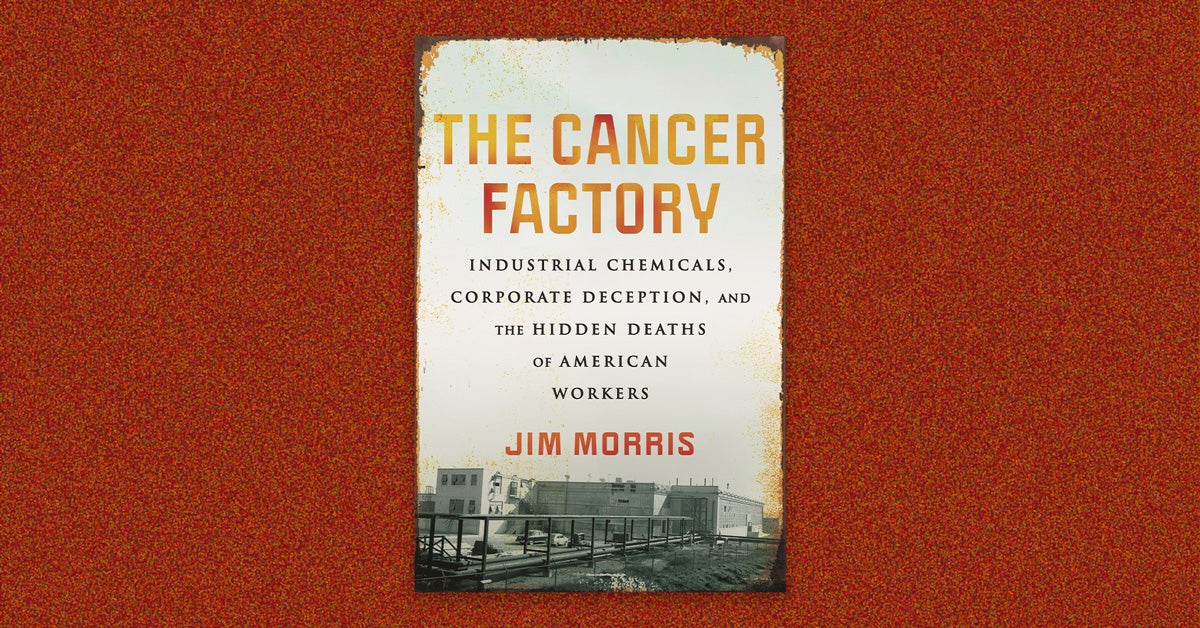
Beacon Press
The Cancer Factory by Jim Morris follows the growth of a bladder cancer cluster at a Goodyear tire factor due to workers’ exposure to a carcinogenic chemical used to make synthetic rubber tires. The book weaves together voices of cross-generational workers, their families, and their advocates, and calls out failures throughout a system that continues to neglect workers’ health.
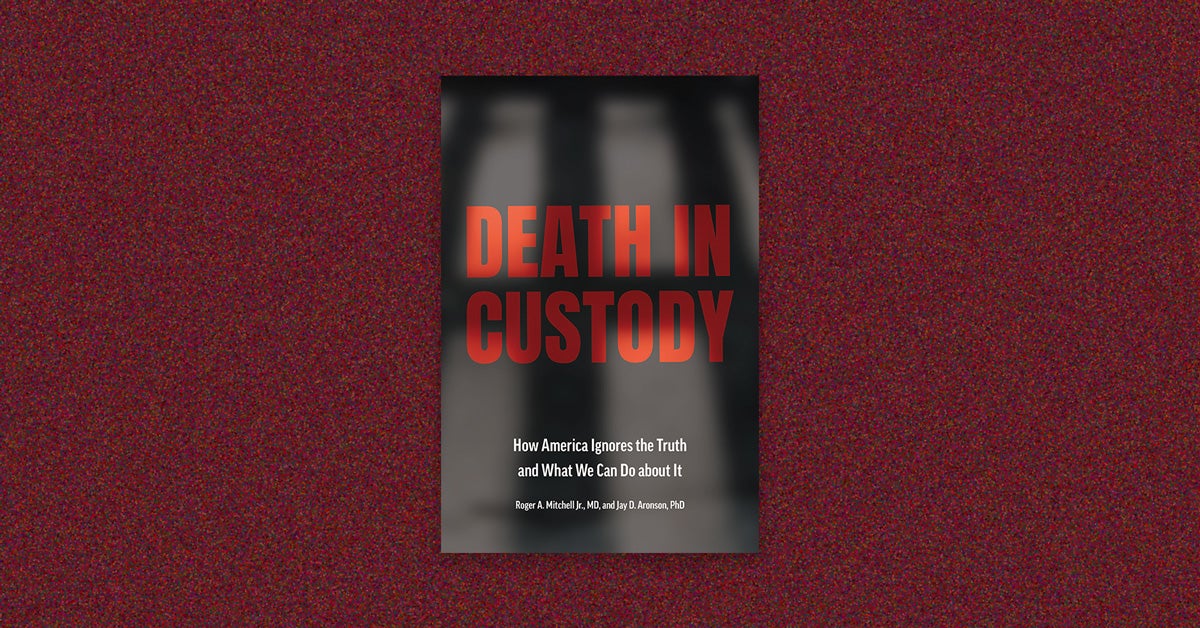
Johns Hopkins University Press
Death in Custody by Roger A. Mitchell and Jay D. Aronson argues that how we count people who die in legal custody is a justice issue in and of itself. Connecting history, data, and contemporary policy, the book explores how the deaths of people the public often thinks “had it coming” reveal long-standing inequalities in the criminal legal system.
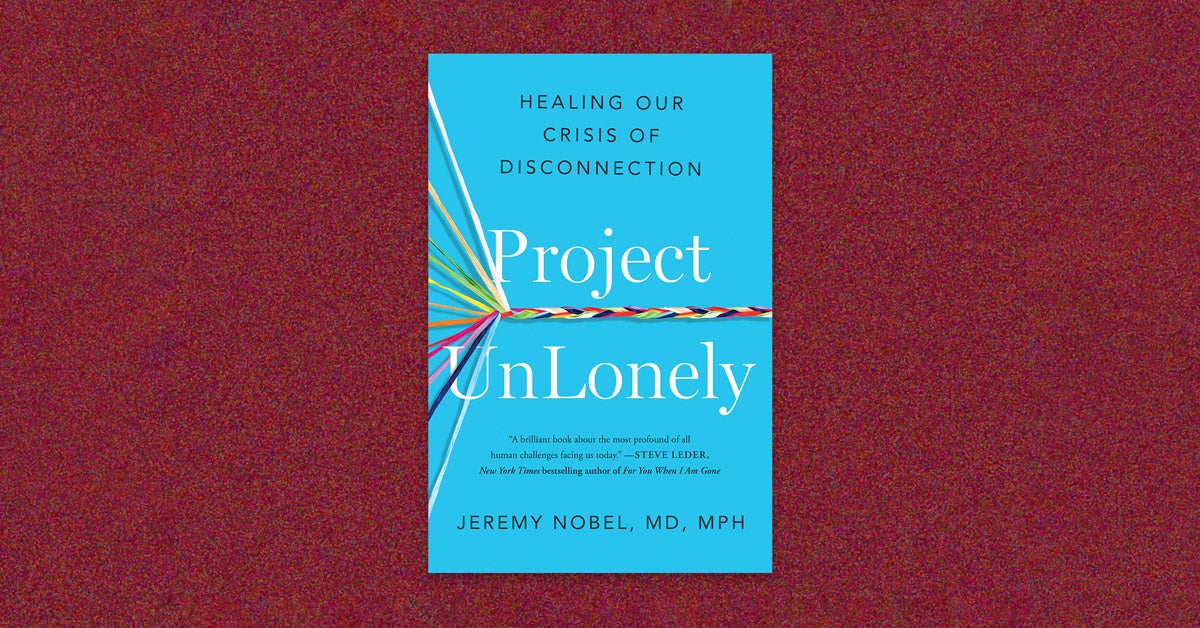
Avery + TarcherPerigee / Penguin Random House
Project UnLonely by Jeremy Nobel explores the physical and mental health consequences of loneliness and how to develop effective treatment protocols while reducing the stigma around the condition. Nobel advocates for loneliness screening at checkups and suggests “treatments” like museum visits, classes, and nature walks.
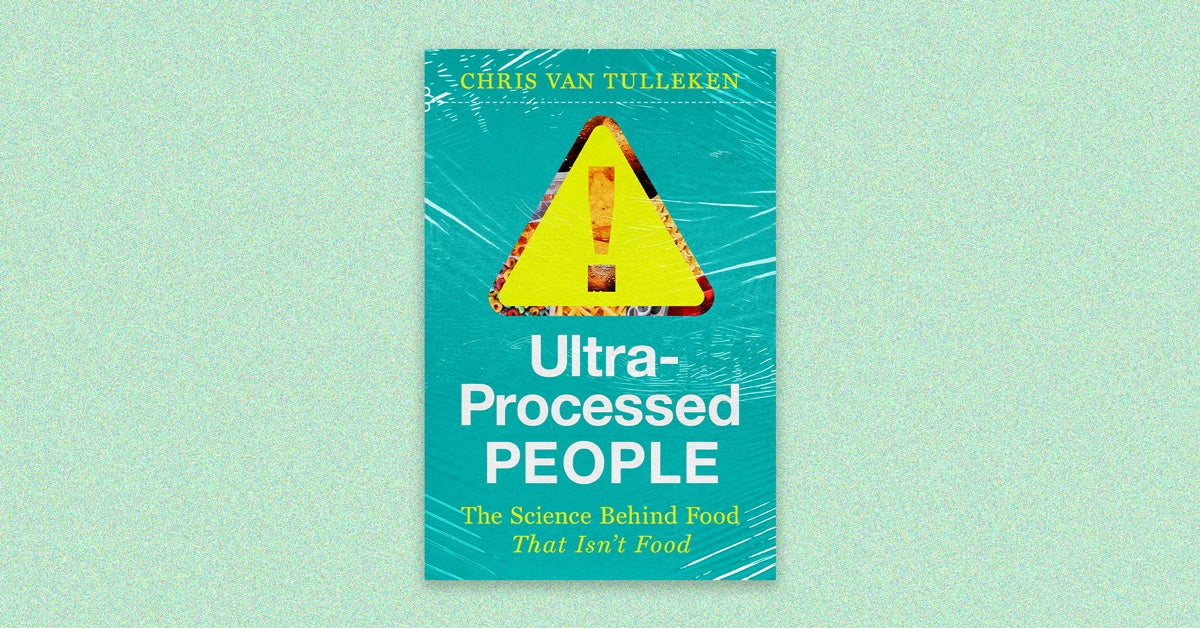
W.W. Norton
Ultra-Processed People by Chris van Tulleken places the blame for chronic diet-related diseases on industrial and synthetic food. The author interweaves expert interviews and academic studies with his story of experimenting with eating an ultra-processed diet—which he says gave him insatiable cravings, weight gain, and health complications.
—Amy Roeder and Harvard Public Health staff
Republish this article
<p>A staff selection of must-reads for the season</p>
<p>Written </p>
<p>This <a rel="canonical" href="https://harvardpublichealth.org/policy-practice/10-summer-reads-on-public-health-to-pack-in-your-luggage/">article</a> originally appeared in<a href="https://harvardpublichealth.org/">Harvard Public Health magazine</a>. Subscribe to their <a href="https://harvardpublichealth.org/subscribe/">newsletter</a>.</p>
<p class="has-drop-cap">Summer is a great time to step away from the daily grind and find new ideas and inspiration in a book. From stories about patients taking control of their health care to the fascinating (and rage-inducing) history of menstruation to ideas for making the United States less lonely, we’ve got you covered with this list of summer reads.</p>
<p><a href="https://harvardpublichealth.org/reviews/fiona-lowenstein-interviews-rebel-health-author-susannah-fox/"><em>Rebel Health</em></a> by Susannah Fox offers a comprehensive guide to creating, supporting, and learning from patient communities that have sprung up online and in-person (think long COVID groups). The book seeks to empower patient leaders and calls on health care workers to join a growing movement supporting patient-led health care.</p>
<p><a href="https://harvardpublichealth.org/policy-practice/practicing-an-insurgent-politics-of-care-in-rural-america/"><em>Landscapes of Care</em></a> by Thurka Sangaramoorthy examines how U.S. immigration policy and corporatized models of care worsen disparities in health outcomes and care delivery. Sangaramoorthy reveals the ways that immigrants and rural residents have developed similar but distinct forms of solidarity and inclusion—and how health care policy might be reshaped in response.</p>
<p><a href="https://harvardpublichealth.org/policy-practice/review-pandemic-book-by-rebecca-katz-and-mackenzie-moore/"><em>The Outbreak Atlas</em></a> by Rebecca Katz and Mackenzie Moore is the book you want on your shelf if—or when—the next pandemic comes. The authors pull back the curtain on the considerations, procedures, and decision-making that go into managing an outbreak, including how to prepare, how to respond, and how to rebuild in the aftermath.</p>
<p><a href="https://harvardpublichealth.org/mental-health/jonathan-haidt-on-countering-negative-effects-of-social-media/"><em>The Anxious Generation</em></a> by Jonathan Haidt makes the case for getting kids more interested in real life and less interested in their phones. He argues that social media—as distinct from the internet at large—is harming young people and offers suggestions for parents, schools, and policymakers.</p>
<p><a href="https://harvardpublichealth.org/reviews/arline-geronimus-public-health-book-on-structural-racism-effects/"><em>Weathering: The Extraordinary Stress of Ordinary Life in an Unjust Society</em></a> by Arline T. Geronimus explains the physical toll that the stress of social injustice takes on people from marginalized populations. Geronimus coined the term “weathering” decades ago after observing that prolonged activation of the body’s fight-or-flight response prematurely ages people, raising their risk, at younger ages, of developing chronic diseases and pregnancy complications. In this book, she updates the theory with the latest science.</p>
<p><a href="https://harvardpublichealth.org/equity/a-qa-with-jen-gunter-the-internets-ob-gyn/"><em>Blood</em></a> by Jen Gunter offers a comprehensive and accessible overview of the menstrual cycle, the common concerns that face menstruating people, and the treatments available for reproductive health complications. Gunter also takes aim at a patriarchal medical system that has long treated women as off-brand men and dismissed their unique health issues.</p>
<p><a href="https://harvardpublichealth.org/reviews/jim-morris-book-review-o-toluidine-and-the-dupont-cancer-cluster/"><em>The Cancer Factory</em></a> by Jim Morris follows the growth of a bladder cancer cluster at a Goodyear tire factor due to workers’ exposure to a carcinogenic chemical used to make synthetic rubber tires. The book weaves together voices of cross-generational workers, their families, and their advocates, and calls out failures throughout a system that continues to neglect workers’ health.</p>
<p><a href="https://harvardpublichealth.org/equity/review-death-in-custody-by-roger-a-mitchell-and-jay-d-aronson/"><em>Death in Custody</em></a> by Roger A. Mitchell and Jay D. Aronson argues that how we count people who die in legal custody is a justice issue in and of itself. Connecting history, data, and contemporary policy, the book explores how the deaths of people the public often thinks “had it coming” reveal long-standing inequalities in the criminal legal system.</p>
<p><a href="https://harvardpublichealth.org/mental-health/project-unlonely-public-health-book-tackles-loneliness-epidemic/"><em>Project UnLonely</em></a> by Jeremy Nobel explores the physical and mental health consequences of loneliness and how to develop effective treatment protocols while reducing the stigma around the condition. Nobel advocates for loneliness screening at checkups and suggests “treatments” like museum visits, classes, and nature walks.</p>
<p class=" t-has-endmark t-has-endmark"><a href="https://harvardpublichealth.org/reviews/ultra-processed-people-hopes-to-disgust-americans-into-dumping-poor-diets/"><em>Ultra-Processed People</em></a> by Chris van Tulleken places the blame for chronic diet-related diseases on industrial and synthetic food. The author interweaves expert interviews and academic studies with his story of experimenting with eating an ultra-processed diet—which he says gave him insatiable cravings, weight gain, and health complications.</p>
<p><em>—Amy Roeder and Harvard Public Health staff</em></p>
<script async src="https://www.googletagmanager.com/gtag/js?id=G-S1L5BS4DJN"></script>
<script>
window.dataLayer = window.dataLayer || [];
if (typeof gtag !== "function") {function gtag(){dataLayer.push(arguments);}}
gtag('js', new Date());
gtag('config', 'G-S1L5BS4DJN');
</script>
Republishing guidelines
We’re happy to know you’re interested in republishing one of our stories. Please follow the guidelines below, adapted from other sites, primarily ProPublica’s Steal Our Stories guidelines (we didn’t steal all of its republishing guidelines, but we stole a lot of them). We also borrowed from Undark and KFF Health News.
Timeframe: Most stories and opinion pieces on our site can be republished within 90 days of posting. An article is available for republishing if our “Republish” button appears next to the story. We follow the Creative Commons noncommercial no-derivatives license.
When republishing a Harvard Public Health story, please follow these rules and use the required acknowledgments:
- Do not edit our stories, except to reflect changes in time (for instance, “last week” may replace “yesterday”), make style updates (we use serial commas; you may choose not to), and location (we spell out state names; you may choose not to).
- Include the author’s byline.
- Include text at the top of the story that says, “This article was originally published by Harvard Public Health. You must link the words “Harvard Public Health” to the story’s original/canonical URL.
- You must preserve the links in our stories, including our newsletter sign-up language and link.
- You must use our analytics tag: a single pixel and a snippet of HTML code that allows us to monitor our story’s traffic on your site. If you utilize our “Republish” link, the code will be automatically appended at the end of the article. It occupies minimal space and will be enclosed within a standard <script> tag.
- You must set the canonical link to the original Harvard Public Health URL or otherwise ensure that canonical tags are properly implemented to indicate that HPH is the original source of the content. For more information about canonical metadata, click here.
Packaging: Feel free to use our headline and deck or to craft your own headlines, subheads, and other material.
Art: You may republish editorial cartoons and photographs on stories with the “Republish” button. For illustrations or articles without the “Republish” button, please reach out to republishing@hsph.harvard.edu.
Exceptions: Stories that do not include a Republish button are either exclusive to us or governed by another collaborative agreement. Please reach out directly to the author, photographer, illustrator, or other named contributor for permission to reprint work that does not include our Republish button. Please do the same for stories published more than 90 days previously. If you have any questions, contact us at republishing@hsph.harvard.edu.
Translations: If you would like to translate our story into another language, please contact us first at republishing@hsph.harvard.edu.
Ads: It’s okay to put our stories on pages with ads, but not ads specifically sold against our stories. You can’t state or imply that donations to your organization support Harvard Public Health.
Responsibilities and restrictions: You have no rights to sell, license, syndicate, or otherwise represent yourself as the authorized owner of our material to any third parties. This means that you cannot actively publish or submit our work for syndication to third-party platforms or apps like Apple News or Google News. Harvard Public Health recognizes that publishers cannot fully control when certain third parties aggregate or crawl content from publishers’ own sites.
You may not republish our material wholesale or automatically; you need to select stories to be republished individually.
You may not use our work to populate a website designed to improve rankings on search engines or solely to gain revenue from network-based advertisements.
Any website on which our stories appear must include a prominent and effective way to contact the editorial team at the publication.
Social media: If your publication shares republished stories on social media, we welcome a tag. We are @PublicHealthMag on X, Threads, and Instagram, and Harvard Public Health magazine on Facebook and LinkedIn.
Questions: If you have other questions, email us at republishing@hsph.harvard.edu.


